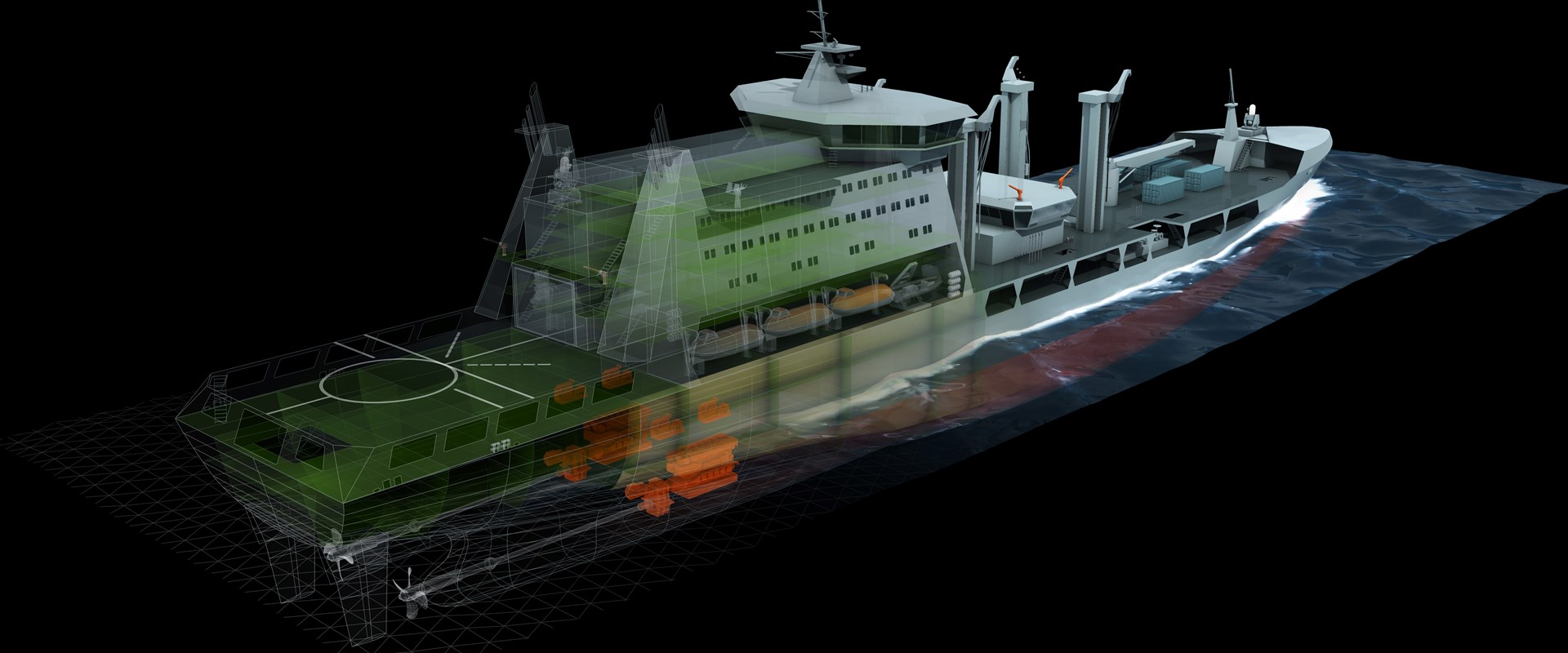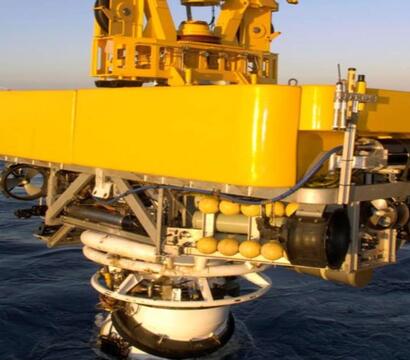The Australian government has embarked on an unprecedented modernisation and recapitalisation of the Australian Defence Force. The 2020 Force Structure Plan reinforces the Australian government’s commitment to building an internationally competitive defence industry with the capacity, resilience, and posture to help meet Defence acquisition and sustainment needs.
The Australian Industry Capability Program supports Australian industry involvement in Defence projects by requiring prime companies competing for Defence contracts to demonstrate how they will develop sovereign industrial capability.
Without design at its core, our industrial capacity will be hollow. To defend and protect Australia and advance its strategic interest, defence and industry together must develop and maintain the ability to specify, acquire, build, operate, repair, upgrade and derive maximum capability for the warfighter from increasingly complex mission systems and equipment.
It makes sense to build or manufacture in Australia when appropriate. Life cycle disciplines, including systems engineering, system safety and integrated logistic support, are essential but only go so far. The ability to understand, develop, modify, assure, and evolve the design down to a deliberately selected configuration level is critical for any claim to sovereignty in our defence industrial base.
The ability to design things must be part of the ‘fundamental input’ that industry provides to Defence capability in Australia.
The Australian government has announced the most significant capital investment ever undertaken in Australia, to establish a continuous National Naval Shipbuilding Enterprise, as laid out in the 2017 Naval Shipbuilding Plan, and expanded under the 2020 Force Structure Plan. Plan Galileo was launched in April 2020 and sets the scene for naval sustainment objectives through to 2025.
The challenge facing the government and industry is ensuring that the shipbuilding and sustainment program leads to an enduring sovereign capability, which will drive the Enterprise into the second half of this century.
The COVID-19 pandemic revealed what happens when a country does not have the technology or the manufacturing abilities to produce necessary supplies. From mask shortages to importing problems, many nations realised that they no longer had complete technology sovereignty.
Some technologies are so critical for running a country’s economy and government that managing without them could significantly risk Australia’s operational advantage and freedom of action. Products and services necessary to address emerging military and scientific technologies that enhance Australia’s national security and keep pace with foreign competitors are becoming more critical, including maritime technology.
Although the maintenance of technology sovereignty is essential for nations from a supply chain perspective, we should also consider it an opportunity to compete on the world stage, pivoting from a consumer of global maritime technology to a supplier.
The preservation of maritime technology sovereignty is becoming more critical as continuous naval shipbuilding and sustainment ramps up, and the industrial base grows to support it.
International defence prime contractors have an essential role to play. Still, it’s inefficient or economical to expect the primes to do all the heavy lifting when developing and maintaining local design capability. Project phases ramp up and down through cycles of acquisition and sustainment. Continuous shipbuilding does not automatically translate to continuity of meaningful design work.
The primes and defence need competent, independent designers to step up and support their efforts, contributing capacity and specialised international design expertise and comprehensive design capability to the industrial base that the primes can draw from within Australia.
We leverage our substantial ship design knowledge and experience to develop enduring sovereign design capability, focusing on growing our significant Australian team to support shipbuilding through our global specialist ship design pedigree.
As an employee benefit trust, we are truly independent of both large defence primes and public or private shareholders, so the benefits of our work in Australia stay local through reinvestment, growing our Australian team and profit distribution to our staff.
The approaching pipeline of amphibious and support shipbuilding projects outlined in the Force Structure Plan, 2020 offers a unique opportunity to develop sovereign design capability. Through a continuous program of varied vessel types, which will ensure a capability development continuum, working towards the point where Australia’s reliance on overseas designs reduces over time.
We deliver world-leading amphibious vessel design capability. A variant of the CAIMEN® family of landing craft will soon enter service with the United States Army, demonstrating our ability to leverage technology and develop a design to suit specific requirements.
The CAIMEN® family of amphibious vessels are a mature capability that would draw on our Australian team of naval architects, engineers and scientists, to develop and customise the designs and meet Australian Defence Force requirements.
-- John Godwin, Regional Business Development Director for Australia and the Asia Pacific.
Our approach uses its global capabilities and reaches as an independent, international design house to develop new technologies and de-risk Defence programs, emphasising local leadership, design customisation and tailoring, and tech transfer in-country.
We will continue the work it has already done to transition ship design capability to Australia, embedding design authority locally and in the process, taking further steps towards enduring local expertise, and the ability to design future platforms from the ground up.
Customisation of designs to meet defence’s requirements and the Australian context provides an example of how technology advances from overseas can be leveraged by independent design companies to create something uniquely Australian. This evolutionary process will offer the best of lessons learned in amphibious vessel design through the expertise of our design teams.
The ability of our family of amphibious vessel designs to transport land forces with enhanced speed and protection will deliver on the government’s objectives, set out in the 2020 Force Structure Plan. That ability will also enhance the ADF’s amphibious capabilities, especially in Australia’s territorial waters and the near region – and to that end, we are delighted to offer these vessels to Australia. Our commitment to growing sovereign capability is founded on our teams’ backgrounds in the Australian Defence Force and shipbuilding industry.
The Australian government will benefit from establishing design partners with solid commitments to growing in-country capability and innovating in Australia, who have invested in Australian talent and developing future shipbuilding technologies to help Australia be successful.
We have invested and innovated in Australia for over 40 years, employing hundreds of Australian engineers, scientists, designers, and naval architects. We have developed deep roots and created broad ecosystems across Australian business and academia. We will continue to support defence as it drives the development of a sustainable and enduring shipbuilding enterprise.







